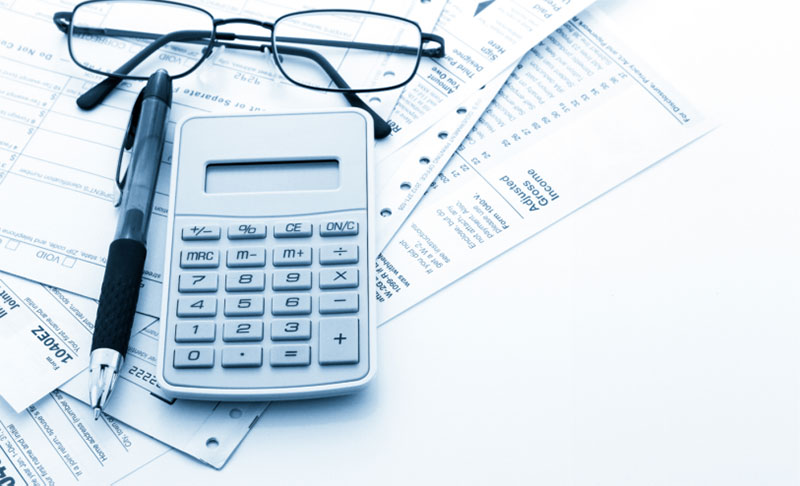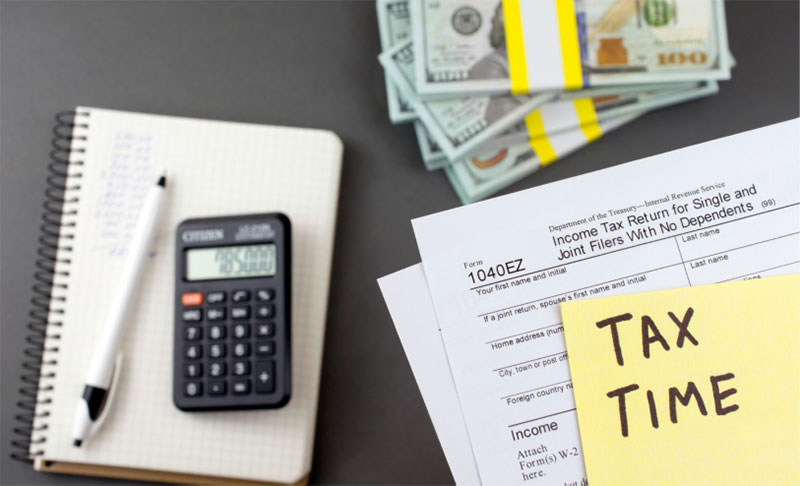Filing your taxes can be daunting because missing the deadline will result in penalties and interest charges. You must file on time and submit accurate information so you are not charged any fees.
Knowing when it is the best time to file your taxes can help ease some of the stress associated with the tax season. Let’s take a look at when the best time is to file your tax return and how to ensure that your taxes are done correctly.
What Is A Tax Return?
A tax return is a form detailing a person's income and expenses filed with the Internal Revenue Service (IRS) annually. This document can include all sources of revenue from wages, investments, capital gains, occupation-related expenses, dependents, educational credits, and deductions.
A complete and accurate understanding of these documents and their importance to you or your business is essential for filing accurate information and meeting deadline requirements. Not only does having accurate information reduce the risk of being audited by the IRS, but it could also lead to additional claims on credits or deductions you didn't know you were qualified for.
In sum, knowing what information needs to be reported in your tax return helps build financial stability and lets you take full advantage of your finances.

When Is the Best Time to File?
The best time to file your tax returns is when you have all the necessary documents and forms ready. If you wait until the last minute, you may be scrambling for information or missing out on key deductions that could save you money. Additionally, if you wait too long, you risk being charged late fees or even interest by the IRS.
Generally, it's a good idea to begin preparing for filing your tax return well in advance—ideally several weeks before the April 18th deadline. That way, you'll have plenty of time to double-check everything and ensure your paperwork is in order. You should also set aside some time each week from February through April for any additional preparation or gathering of documents that may be necessary. And if you have gathered all your information, you can e-file your taxes earlier without waiting for the deadline.
What Should I Do Before I File?
Before filing your tax return, there are a few things that you should do first. First and foremost, ensure that all the information on your form is accurate—any mistakes could lead to delays or even an audit from the IRS.
Moreover, double-check that all necessary documents are included with your return; this includes W-2 forms, 1099s, and any other financial records that may be relevant. Finally, find out what deductions or credits are available so that you can maximize your refund amount.
How Long Does A Tax Return Take?
Figuring out how long a tax return will take depends on the individual. Taxpayer with simple returns, such as those who are self-employed or operate a small business with few deductions, can quickly wrap up their taxes.
On the contrary, someone with complex financial matters, who has to juggle multiple properties or investments, may rely on a professional to ensure their taxes are completed on time. In either case, it is essential to consider varying factors, such as the availability of paperwork and accuracy, when attempting to estimate how long filing one's taxes will take.
Lastly, taxpayers should leave plenty of time to double-check their calculations and comply with related filing deadlines to avoid any costly mistakes or penalties that could be incurred due to late filings.

Benefits of Filing Your Taxes Earlier
Filing your taxes earlier comes with several benefits. One of them is that if you need to get a refund, it’ll arrive sooner–in fact, the IRS has been known to process refunds within 21 days after receiving your return.
Plus, filing your returns helps ensure accuracy since you’ll have ample time to review everything. You can also take advantage of deductions and credits; the longer you wait to file, the more likely you’ll be too late to qualify.
On top of that, filing taxes early will save you from worrying and stressing when crunch time comes later in the year since you would have already taken care of it weeks or months beforehand.
So benefit from the many advantages of filing early and plan for next tax season!
What Are the Penalties for Filing Taxes Late?
Filing taxes late can be a costly choice. Taxpayers might face hefty fees and potential IRS action depending on the situation. Usually, those who owe money to the IRS will face a penalty of 5% for each month that their return is late, up to 25%.
Interest also accumulates on unpaid taxes from the day the return was due until it is paid in full. This penalty is charged every 28 days until you pay your balance in full or reach an agreement with the IRS. Additional costs are associated with filing taxes late, such as bank fees, accounting fees, and repayment plans.
Although missing the April 18th tax filing deadline may seem unavoidable sometimes, it would be wise to take adequate measures to avoid these unpleasant circumstances and ensure your taxes are filed in time.
Final Takeaway
Filing taxes doesn't have to be intimidating or overwhelming—but it does need to be done by April 18th! Whether you choose to do them yourself with one of the many online platforms available or hire a professional service like Metric Marketing, ensure that all your paperwork is organized before beginning. Hence, no information slips through the cracks come tax day.
It's important to remember that filing early is vital so that if there's an issue with one of your forms later down the line, there's still plenty of time left in the season to address it without causing too much stress or delay getting those refunds sent out. With these tips in mind, happy filing!




